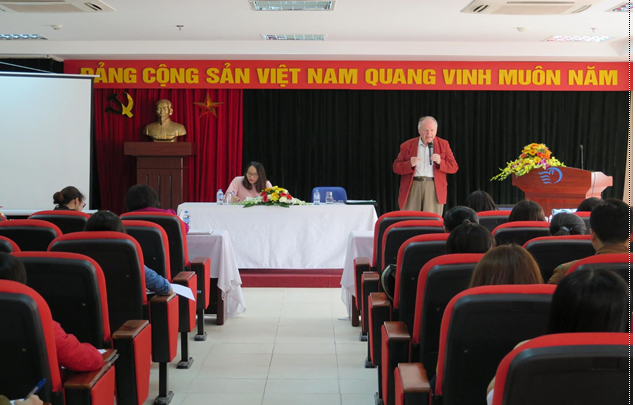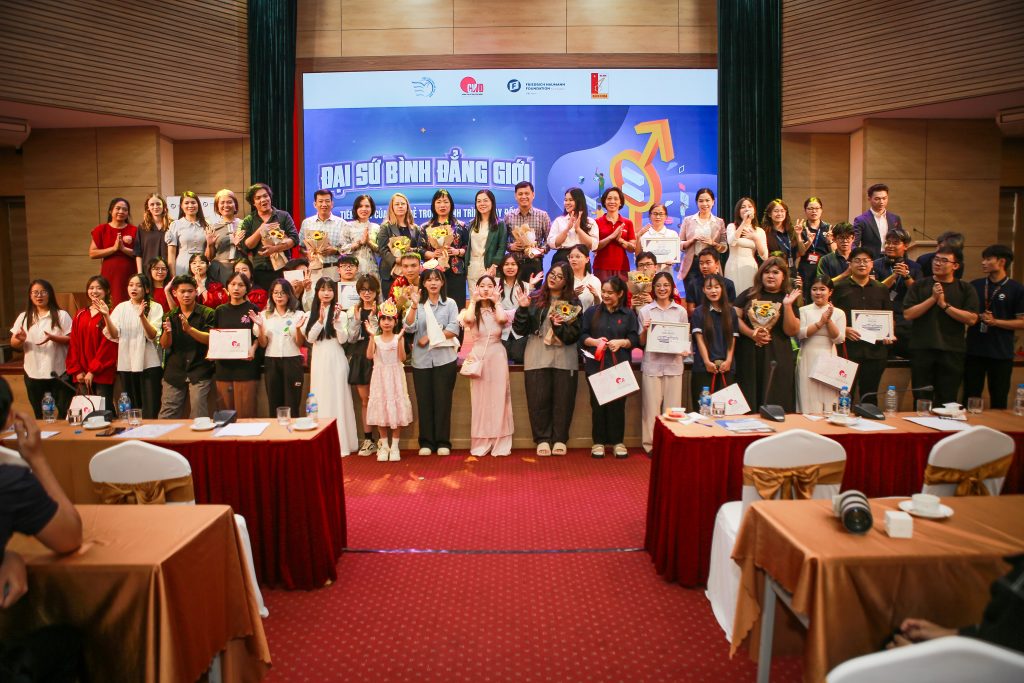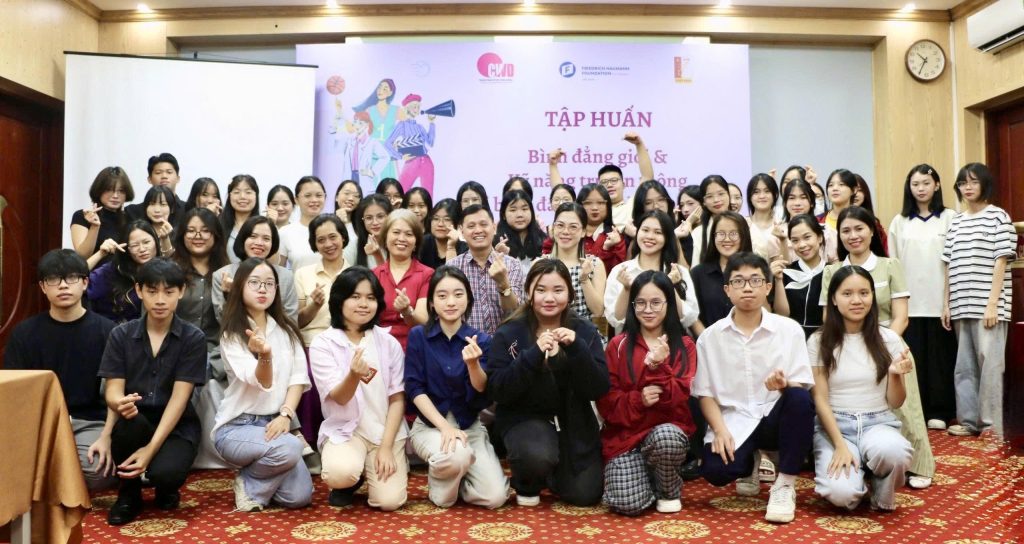Kuan Yin:
She who harkens to the cries of the world and restores equilibrium.
Wise in using skilful means
In every corner of the world
She manifests her countless forms
A Plea to Kuan Yin, Goddess of Mercy, for compassion for Women Subject to Violence.
8 March, the International Day of Women is an appropriate time to focus on the destructive impact of violence on women. Violence against women is a year-round occurrence and continues to an alarming degree. Violence against women is an attack upon their bodily integrity and their dignity. We need to place an emphasis on the universality of violence against women, the multiplicity of its forms, and the ways in which violence, discrimination against women, and the broader system of domination based on subordination and inequality are inter-related.
The UN Declaration on the Elimination of Violence against Women, adopted by governments in the General Assembly of 1993, gives a broad definition of violence as “ any act of gender-based violence that results in, or is likely to result in, physical, sexual or psychological harm or suffering to women, including threats of such acts, coercion or arbitrary deprivation of liberty, whether occurring in public or in private life.”The Declaration highlights violence within the family, violence within the broader community, and violence perpetrated or condoned by the State. We will deal briefly with these three areas of violence against women.
The Family: Although the family should be a safe haven with relations among its members guided by respect and love, it is often within the family where the most psychologically devastating forms of violence take place — devastating because such violence goes against the expectations of a safe and harmonious haven. We see battering, sexual abuse of female children in the household, dowry-related violence, marital rape, female genital mutilation and other traditional practices harmful to women and violence related to exploitation carried out by family members and intimate partners.
Within this family setting, we also need to look at the conditions of domestic workers, often working under totally unregulated conditions. Live-in maids can be subjected to slave-like treatment at the hands of the members of the family employing them. They can encounter humiliation, work and sexual exploitation and violence, often with no access to justice.
The Wider Community: As the preamble to the Declaration on the Elimination of Violence against Women states clearly “Violence against women is a manifestation of the historically unequal power relations between men and women, which have led to domination over and to discrimination against women by men and to the prevention of women’s full advancement, and that violence against women is one of the crucial social mechanisms by which women are forced into a subordinate position compared with men.” This universal phenomenon is embedded in a patriarchal structure which justifies mechanisms of enforcing and sustaining the system of domination.
As Adrienne Rich wrote in Of Women Born “Patriarchy is the power of the fathers; a familial-social ideological, political system in which men — by force, direct pressure, or through ritual, tradition, law and language, customs, etiquette, education, and the division of labour, determine what part women shall or shall not play, and in which the female is everywhere subsumed under the male. It does not necessarily imply that no woman has power or that all women in a given culture may not have certain powers… The power of the fathers has been difficult to grasp because it permeates everything, even the language in which we try to describe it. It is diffuse and concrete; symbolic and literal; universal, and expressed with local variations which obscure its universality.”
Many of the tenets of patriarchal gender order concerns male power to control women’s sexuality and reproductive capacity. The honour and prestige of a man, in many instances, are intrinsically associated with the conduct of a women related to sexuality, leading in some cases to ‘crimes committed in the name of honour’.
Within the wider community, we also see physical, sexual and psychological violence, including rape, sexual abuse, sexual harassment, and intimidation at work and in educational institutions, trafficking in women and forced prostitution.
Education, psychological care and sociological change are important to combat violence within the family and the community.
The State and Armed Insurgencies: There is physical, sexual and psychological violence perpetrated or condoned by the State. The State has a clear duty to control the behaviour of its police, prison, and other agents of justice. Victims of violence by the agents of the State should have clearly set out mechanisms by which they can appeal to the State for redress and compensation. Violence against women in custodial and prison conditions is still a widespread phenomenon which requires a review of national legislation but especially a real investigation of national practice. In many ways ‘law and order’ can be a ‘war on the poor’ and the misfits or a ‘war of segregation’ which can translate into arrests of members of specific social, ethnic or religious groups.
We see violence against women used as a systematic weapon in many armed conflicts by both governmental forces and the armed insurgencies. Women, children and the elderly are the most vulnerable in war-torn societies.
There are also real but less visible psychological and personality disorders left by a conflict. Therefore the role and needs of women in post-war reconstruction and reconciliation require immediate special attention.
Thus, the Association of World Citizens stresses that we need to look carefully at the causes of violence against women and to develop further the policies and institutions leading to human dignity and respect.
*Rene Wadlow, President and Representative to the UN, Geneva, Association of World Citizens

GS. TS. Rene Wadlow – Chủ tịch Hiệp hội Công dân toàn cầu thuyết trình cho sinh viên Học viện Phụ nữ Việt Nam về vấn đề: “Phụ nữ với các mục tiêu phát triển bền vững 2015-2030”
Tuyên bố của Liên hợp quốc về Xoá bỏ Bạo lực đối với Phụ nữ, được các chính phủ thông qua trong phiên họp Đại hội đồng năm 1993, đưa ra định nghĩa phổ biến (hoặc được thừa nhận chung) về bạo lực là ‘bất kỳ hành vi bạo lực dựa trên cơ sở giới nào dẫn đến hoặc có khả năng dẫn đến tổn hại về mặt thể chất, tình dục hoặc tâm lý cho phụ nữ, bao gồm cả những mối đe doạ của các hành vi như vậy, cưỡng chế hoặc tùy tiện tước đoạt tự do, cho dù xảy ra trong đời sống công cộng hay trong đời sống cá nhân. ‘Tuyên bố nêu bật bạo lực trong gia đình, bạo lực trong cộng đồng rộng lớn hơn và bạo lực do xung đột, chiến tranh. Bài viết sẽ đề cập ngắn gọn đến ba lĩnh vực bạo lực trên đối với phụ nữ.
Gia đình: Mặc dù gia đình nên là nơi che chở cho các thành viên trong gia đình dựa trên nền tảng của sự tôn trọng và tình yêu, thì những hình thức bạo lực tàn phá tâm lý nặng nề nhất lại thường xảy ra trong gia đình – tàn phá bởi vì bạo lực như vậy đi ngược lại mong muốn về một nơi trú ẩn an toàn và hài hòa. Chúng ta thấy bạo lực, lạm dụng tình dục trẻ em gái, bạo lực liên quan đến của hồi môn, cưỡng hôn, cắt xén bộ phận sinh dục nữ và các hành vi truyền thống khác gây hại cho phụ nữ và bạo lực liên quan đến bóc lột được thực hiện bởi các thành viên trong gia đình và bạn đời.
Trong bối cảnh gia đình này, chúng ta cũng cần phải xem xét điều kiện của những người lao động trong gia đình, thường làm việc trong điều kiện hoàn toàn không được bảo đảm. Người giúp việc có thể bị các thành viên trong gia đình sử dụng lao động đối xử như một nô lệ. Họ có thể gặp phải sự sỉ nhục, bóc lột lao động và bóc lột tình dục và thường không có sự tiếp cận với công lý.
Cộng đồng rộng hơn: lời mở đầu Tuyên bố về Xóa bỏ bạo lực đối với Phụ nữ nêu rõ “Bạo lực đối với phụ nữ là một biểu hiện của những mối quan hệ quyền lực không bình đẳng giữa nam và nữ, dẫn đến sự thống trị và sự phân biệt đối xử đối với phụ nữ và ngăn cản sự tiến bộ đầy đủ của phụ nữ, và bạo lực đối với phụ nữ là một trong những cơ chế xã hội chủ yếu mà do nó phụ nữ bị buộc ở một vị trí phụ thuộc so với nam giới.”
Trong cộng đồng rộng lớn hơn, chúng ta cũng thấy bạo lực về thể chất, tình dục và tâm lý, bao gồm hãm hiếp, lạm dụng tình dục, quấy rối tình dục, đe doạ tại nơi làm việc và trong các cơ sở giáo dục, buôn bán phụ nữ và cưỡng ép mại dâm. Giáo dục, chăm sóc tâm lý và thay đổi xã hội học là rất quan trọng để chống lại bạo lực trong gia đình và cộng đồng.
Nhà nước và Những cuộc xung đột, chiến tranh: Phụ nữ, trẻ em và người già là những đối tượng dễ bị tổn thương nhất trong các xã hội bị chiến tranh tàn phá. Có những rối loạn về tâm lý và nhân cách là hậu quả có thật nhưng ít hiển hiện của một cuộc xung đột. Do đó vai trò và những nhu cầu của phụ nữ trong quá trình tái thiết và hòa giải sau chiến tranh đòi hỏi sự quan tâm đặc biệt ngay lập tức.
Hiệp hội Công dân toàn cầu nhấn mạnh rằng chúng ta cần xem xét một cách cẩn thận những nguyên nhân của bạo lực đối với phụ nữ và phát triển hơn nữa các chính sách và thể chế hướng tới phẩm giá và sự tôn trọng con người.
Dịch tóm tắt: Ths. Vũ Thị Ngọc – Chuyên viên Phòng Hợp tác Quốc tế – Học viện Phụ nữ Việt Nam



 English
English






